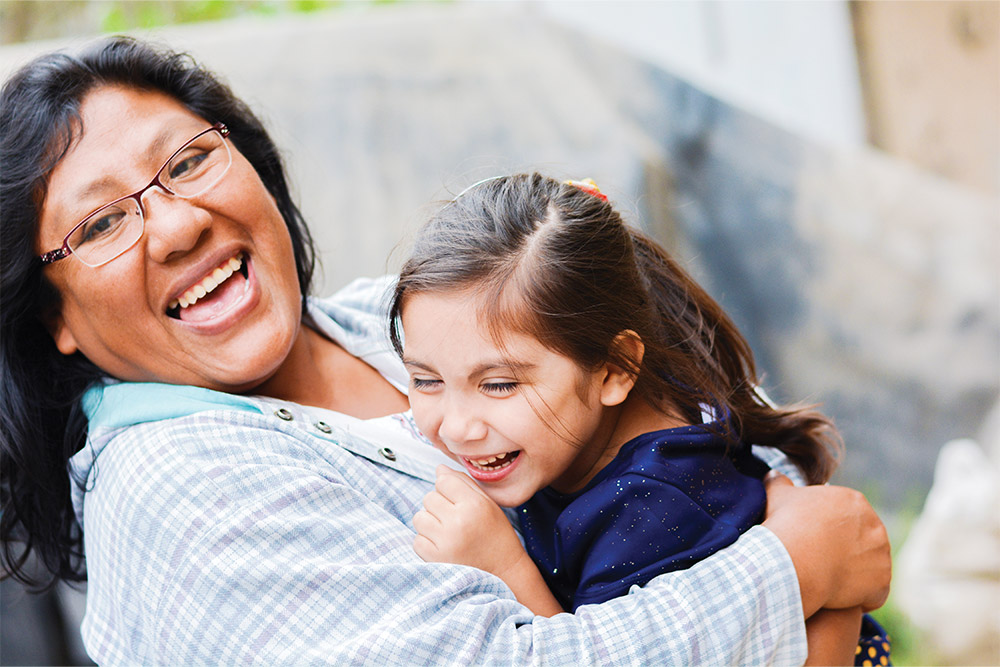
- Details
- By Bay Bank
(Green Bay, WI) — Bay Bank stands for your future as it seeks to improve the financial literacy of its customers and the wider community. Financial literacy means you have the skills, knowledge and tools to make individual financial decisions and know what actions to take to attain your goals.
Understanding how much income you bring in each month and your monthly expenses, learning about different ways to save money and dealing with debt are all ways you can increase your financial knowledge and increase your financial literacy.
April is National Financial Literacy Month and Bay Bank is committed to helping people better understand their personal finances. When people know more about their finances, they are more empowered to make better decisions.
There are four key parts to financial literacy:
- Budgeting: Create a plan for your income and expenses to track saving and spending.
- Saving: Develop a plan that allows you to set aside money monthly for future needs and emergencies.
- Debt management: Understand and manage debts, including credit cards, loans and mortgages.
- Investing: Make informed decisions about investments, including funds set aside for retirement.
Bay Bank offers various resources to help educate individuals about budgeting, saving, debt management and investing.
Bay Bank’s commitment to financial education also includes helping individuals navigate the path to homeownership. Tanya Krueger, VP of Mortgage Lending Management, attends several tribal-sponsored housing summits and fairs each year to inform people about HUD Section 184 and other home financing options available through Bay Bank. In addition to the Housing Fairs, she also conducts educational sessions at Oneida Community Education Center.
HUD Section 184 loans are 15- or 30-year fixed-rate mortgages, fully amortized with regular monthly payments with escrow for homeowners’ insurance and property taxes. Loans feature a low down payment and flexible underwriting. Enrolled members of a federally recognized tribe may be eligible for the loans, which can be used for properties both on and off tribal lands.
When customers apply for a loan with Bay Bank, they automatically receive a credit assessment and receive recommendations on what they can do to improve their credit score, if necessary.
All of Bay Bank’s customers also have free access to the Credit Sense app. The app allows customers to monitor their credit score, ensure payments are applied correctly and provides financial tips to help them understand and improve their credit health, providing them with a better understanding of their overall financial situation.
On its website, baybankgb.com, Bay Bank provides multiple video tutorials to help people better understand everything from using its online banking platform and paying bills online to protecting themselves from identity theft and understanding credit scores. In addition, loan calculators are available to help users estimate monthly payments and explore different financing options. These tools can make it easier for consumers to plan budgets, compare loan scenarios and make more confident borrowing decisions.
For Native Americans in Wisconsin, Bay Bank is not just a bank — it’s your partner in improving your financial literacy so you can build a stronger future.
ABOUT BAY BANK
Bay Bank has a long and proud history of standing for its customers’ future. Founded in 1995, the Oneida Nation became the bank’s sole owner in 2000. The bank’s operations, policies and locally focused mission were enhanced after the purchase as Bay Bank provided more federally funded programs to directly assist tribal members. In addition, Bay Bank and the Oneida Nation developed unique mortgage and entrepreneurial programs to assist Oneidas in obtaining housing and starting business ventures. Bay Bank has two convenient locations for customers in the Greater Green Bay area as well as a branch office in Keshena, which opened in January 2021. Bay Bank is the only Greater Green Bay bank to offer the U.S. Department of Housing and Urban Development (HUD) Section 184 Indian Home Loan Guarantee Program. Learn more at BayBankGB.com.
Help us defend tribal sovereignty.
At Native News Online, our mission is rooted in telling the stories that strengthen sovereignty and uplift Indigenous voices — not just at year’s end, but every single day.
Because of your generosity last year, we were able to keep our reporters on the ground in tribal communities, at national gatherings and in the halls of Congress — covering the issues that matter most to Indian Country: sovereignty, culture, education, health and economic opportunity.
That support sustained us through a tough year in 2025. Now, as we look to the year ahead, we need your help right now to ensure warrior journalism remains strong — reporting that defends tribal sovereignty, amplifies Native truth, and holds power accountable.
 The stakes couldn't be higher. Your support keeps Native voices heard, Native stories told and Native sovereignty defended.
The stakes couldn't be higher. Your support keeps Native voices heard, Native stories told and Native sovereignty defended.
Stand with Warrior Journalism today.
Levi Rickert (Potawatomi), Editor & Publisher
